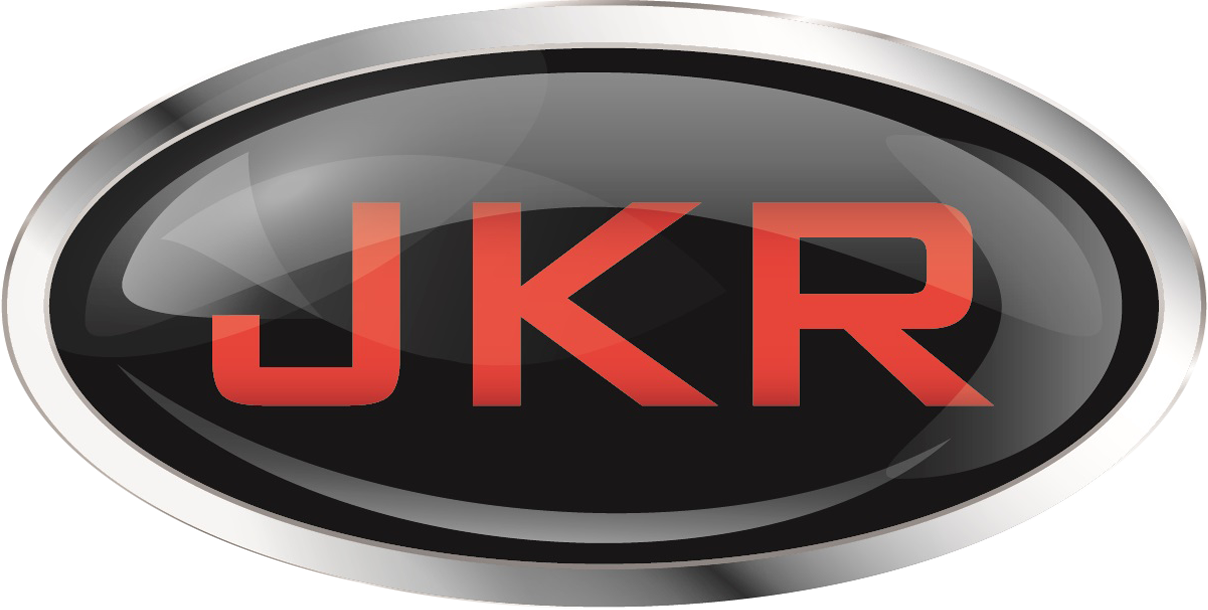Big SUV Sales Help GM through Tough Times
 Big SUV sales slipped dramatically during the recession, to the point where General Motors actually decided to close the doors on two of their three factories that made their large SUV offerings (Janesville, WI and Moraine, OH).
Big SUV sales slipped dramatically during the recession, to the point where General Motors actually decided to close the doors on two of their three factories that made their large SUV offerings (Janesville, WI and Moraine, OH).
During that time, GM shifted some of its focus to smaller, more fuel-conscious vehicles like the Cruze and Spark. But while competing brands such as Ford and Nissan continued to move resources away from large SUVs, they are making a comeback.
GM’s Faith in Big SUV Sales is Rewarded
This is a big deal for General Motors, who continued to stick with the segment – and their decision has proven to be a major win for them. Due to the foothold they already had (and now the relative lack of competition), General Motors controls more than 70 percent of the market.
Why is this so important? Simply put, big SUVs equal big profits. Industry analysts surmise that it takes the sale of five small cars (such as the aforementioned Cruze or Spark) to equal the net profit from the sale of just one Chevrolet Suburban or Tahoe; or GMC Yukon or Cadillac Escalade.
Big SUV sales at General Motors are welcomed even more when you consider that customers are buying them with minimal incentives. For example, Kelley Blue Book data shows that in June, incentives on the Tahoe and Suburban were barely half of what they were a year ago; and Yukon incentives were down almost $1,000.
Through June, big SUV sales have skyrocketed. Nearly 46,000 Tahoes have been sold, an increase of 12% over 2012. Nearly 24,000 Suburbans have been purchased, up 9%. About 19,000 Yukons have been sold (up a whopping 54%); and 7,000 Cadillac Escalades (up 18%). In June alone, the sales of these four SUVs jumped 86% from the year previous.
The bottom line? It’s cool again to buy a big SUV … and General Motors is the industry’s largest beneficiary by a wide margain.

